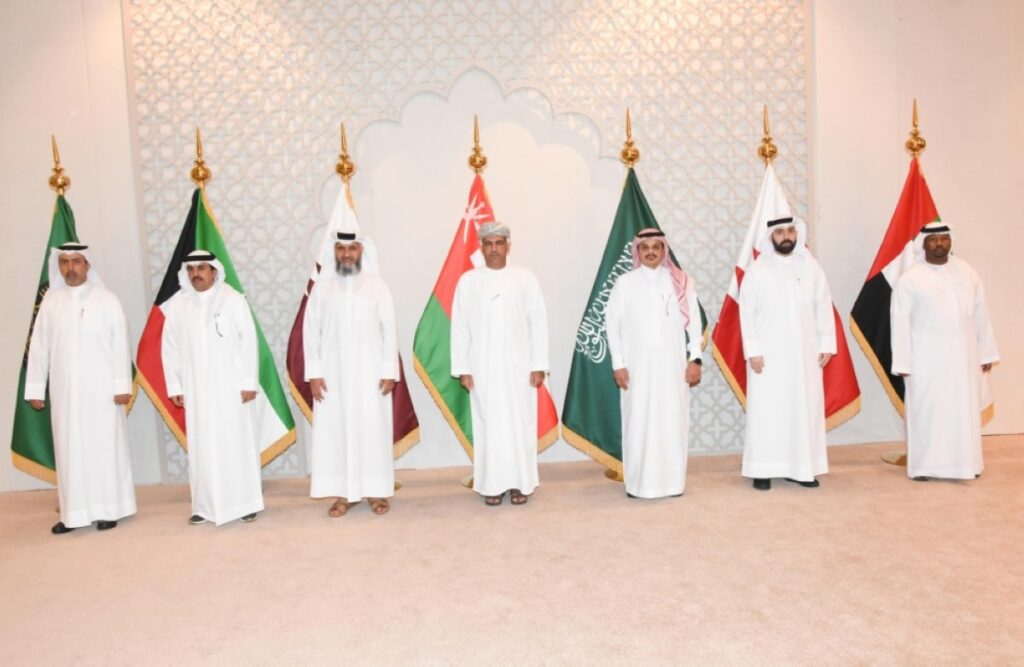GCC discusses 2025-2026 strategy to strengthen response to nuclear, chemical risks
KUWAIT: Gulf Cooperation Council (GCC) countries are strengthening regional emergency preparedness with a two-day technical meeting in Kuwait this week, as officials plan the next joint crisis exercise. Brigadier General Dr Rashid Al-Marri, Director of the GCC Emergency Management Center, said the 19th meeting of the technical team “comes within the framework of strengthening joint Gulf action and unifying efforts aimed at developing the emergency and crisis response system in the GCC countries.” The team is tasked with finding solutions and mechanisms for dealing with regional risks.
Planning Isnad 2
The meeting focuses on the joint exercise Isnad 2, described by Al-Marri as “an important practical step to enhance readiness and raise the level of coordination between the relevant authorities in member states.” Officials will define the exercise’s objectives and expected results, select the types of risks to simulate, and review the organizational structure and roles of participating teams, establishing clear operational mechanisms.
Participants will also examine the final report of Isnad 1, the three-day exercise conducted in January 2025, which trained GCC personnel to respond to epidemics, maritime accidents, oil spills, cybersecurity threats, and radiological and nuclear hazards. Noor Al-Shibli, Director of Planning and Preparedness at the Emergency Management Center, said at the time that Isnad 1 successfully tested the transfer of information and support between member states and completed 50 key tasks within eight hours.
Action Plan for 2025-2026
The current meeting also includes discussions on the GCC technical team’s 2025–2026 action plan, aimed at strengthening capabilities to respond to nuclear, radiological, chemical, biological and natural risks. Al-Marri said the plan will serve as a roadmap for joint action in the coming phase. “The gathering reflects the GCC countries’ commitment to collective action and uniting efforts to face challenges and risks, strengthening national and regional capabilities and protecting Gulf societies,” he added. Al-Marri expressed his gratitude to Kuwait for hosting the meeting and chairing the technical team’s work this year, praising the country’s role in supporting joint Gulf action and developing regional response mechanisms. — Agencies

